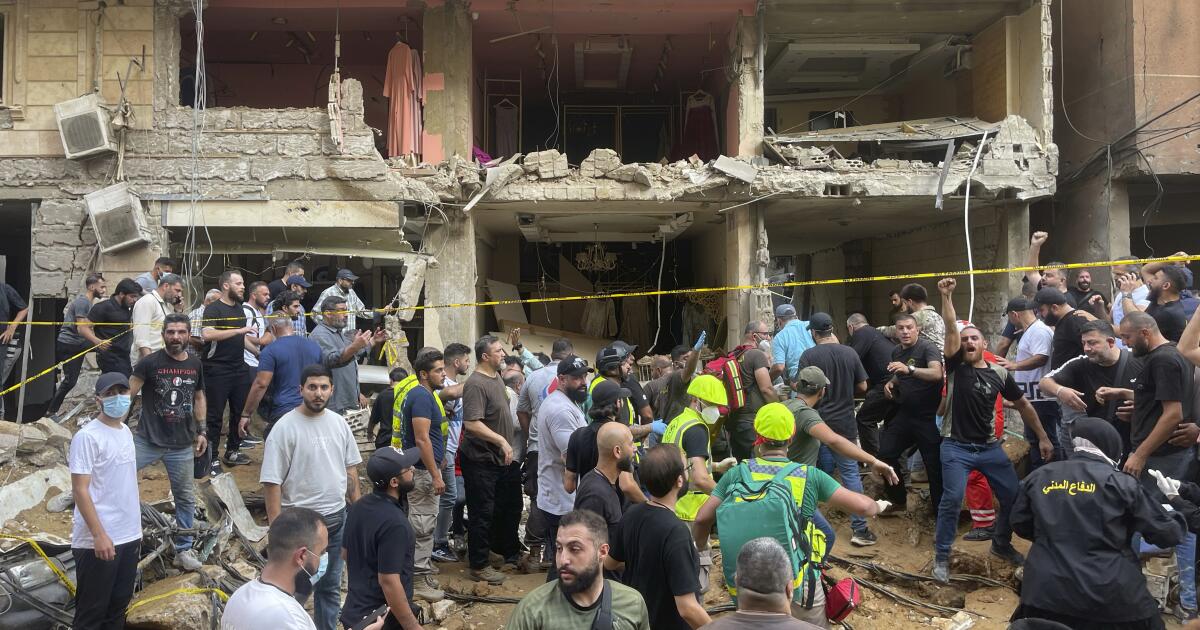MINA: The health plans for this year’s haj season have been successfully carried out, with no outbreaks of disease or other threats to public health, the Saudi Press Agency (SPA) quoted Saudi Health Minister Fahd bin Abdul Rahman Al-Jalajel as saying.
The minister expressed his satisfaction with the outcome, noting that despite the significant number of pilgrims and the challenges posed by high temperatures, there were no public health threats.
“Thanks to Allah, and with the unwavering support of the Custodian of the Two Holy Mosques and the close follow-up of His Royal Highness the Crown Prince and Prime Minister, I am pleased to announce the success of the health plans for this year’s haj season,” Al-Jalajel said in a statement to SPA.
He highlighted the extensive resources allocated, including 189 hospitals, health centres and mobile clinics with over 6,500 beds.
More than 40,000 staff and volunteers, 370 ambulances, seven air ambulances, and a logistics network of 12 laboratories, 60 supply trucks, and three mobile medical warehouses were positioned across the holy sites to ensure the well-being of pilgrims.
Al-Jalajel reported that the ministry served over 390,000 pilgrims during this year’s haj season, performing 28 open-heart surgeries, 720 cardiac catheterisations and 1,169 dialysis sessions.
The Seha Virtual Hospital provided over 5,800 virtual consultations, mainly for heat-related illnesses, enabling prompt intervention.
The minister commended the collaborative efforts of healthcare entities, including the Makkah Health Cluster, Red Crescent Authority, Public Health Authority (Weqaya) and Saudi Food and Drug Authority.
He also recognised the support from the National Unified Procurement Company (NUPCO), the Health Volunteer Centre, and other stakeholders in the Kingdom’s health sector.
The report highlighted the Health Ministry’s appreciation for the Supreme Haj Committee, led by Minister of Interior Prince Abdulaziz bin Saud bin Naif, for measures protecting pilgrims from high temperatures and addressing health challenges.
Al-Jalajel thanked the Ministry of Interior for its effective health plans and expressed gratitude to Makkah Governor Prince Khalid bin Faisal, Deputy Governor Prince Saud bin Mishaal bin Abdulaziz, and the Municipality of Makkah for their pivotal roles in this success.
The health minister emphasised that the accomplishment reflects seamless collaboration between all government agencies and early preparations under the Pilgrim Experience Programme.
Al-Jalajel acknowledged the Central Haj Committee’s recommendation for pilgrims to avoid rituals during peak temperatures, which significantly safeguarded pilgrims’ health and minimised heat stress injuries.
He expressed sincere gratitude to all participating government agencies for their collaborative approach, emphasising that this teamwork was crucial to the success of the Haj season and the prevention of epidemics.
The health minister further praised the spirit of cooperation among all personnel involved in serving pilgrims and thanked healthcare workers, security personnel, and other workers for their dedication and tireless efforts, which contributed to a successful Haj season. – Bernama


